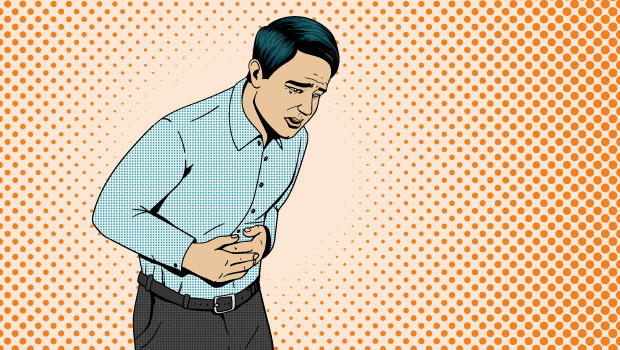Here is an article I found on-line. Thought it was interesting and useful to read. Please check it out. It was written by Travis Manni.
Why People with Type 1 Have Digestive Problems
Researchers discover a possible root cause of multiple digestive issues in people with diabetes.
Travis Manni | February 11th 2016
The longer a person lives with diabetes, the higher their risk of digestive issues. For a long time, it was unclear why, but an international study has found a possible culprit. Study researchers believe they have found that the liver of a person with Type 1 may produce an excessive amount of a protein that can hamper digestion, according to a Science Daily report.
By comparing the intestinal tissue of people with and without diabetes, researchers realized that the cells lining the intestinal tract of people with diabetes were damaged by a substance called insulin-like growth factor binding protein 3 (IGFBP3). Excess IGFBP3 can cause gastrointestinal issues like irritable bowel syndrome, delayed bowel movements, bloating, and lack of bowel control; collectively, these problems are known as diabetic enteropathy. IGFBP3 cells attach themselves to colonic stem cells, which are coincidentally responsible for repairing wounds in the intestinal lining. As these stem cells are damaged, they lose the ability to make necessary repairs, thus creating a deteriorating digestive tract over time.
Once researchers understood the cause of diabetic enteropathy, they were able to reverse colon damage in mice with diabetes by using a drug to block the circulation of IGFBP3 cells. The researchers, who didn’t name the drug used to reverse the colon damage, believe this treatment could be cultivated to treat previously untreatable digestive problems in humans.
Of course, as people with diabetes well know, a mouse “cure” doesn’t always translate into a new treatment for humans. Still, a better understanding of the culprit behind intestinal problems in people with diabetes will likely improve treatment options in the future.
